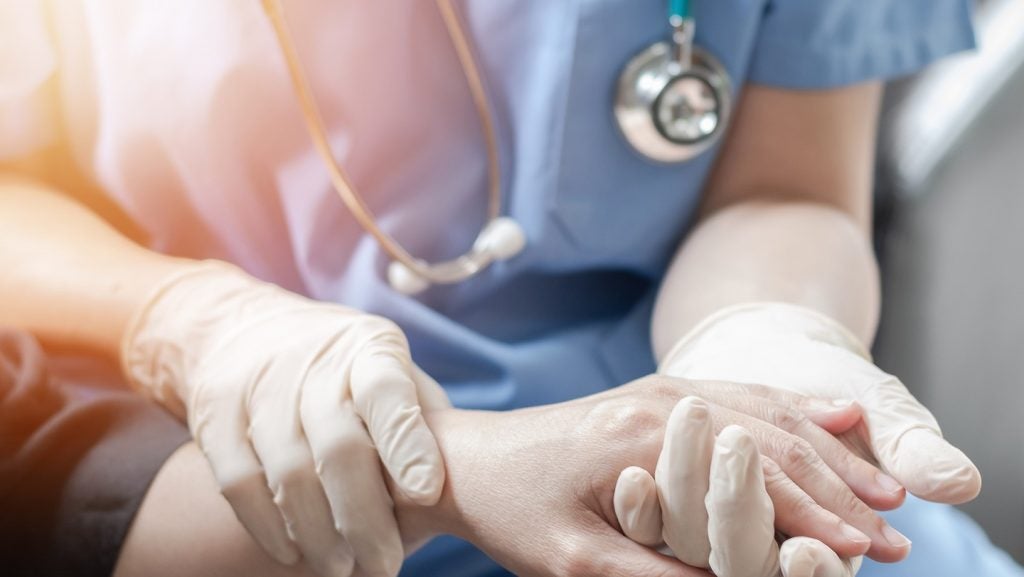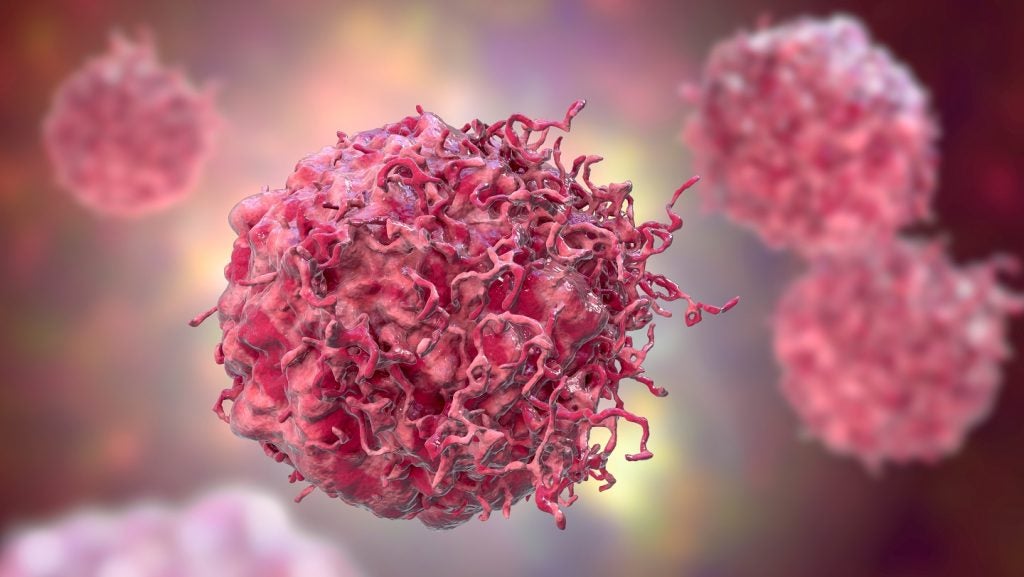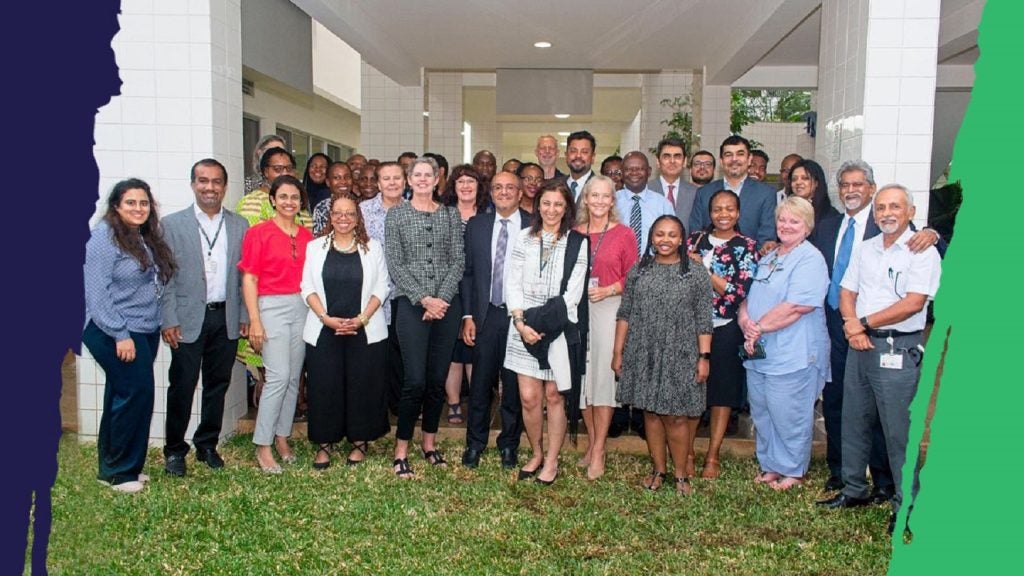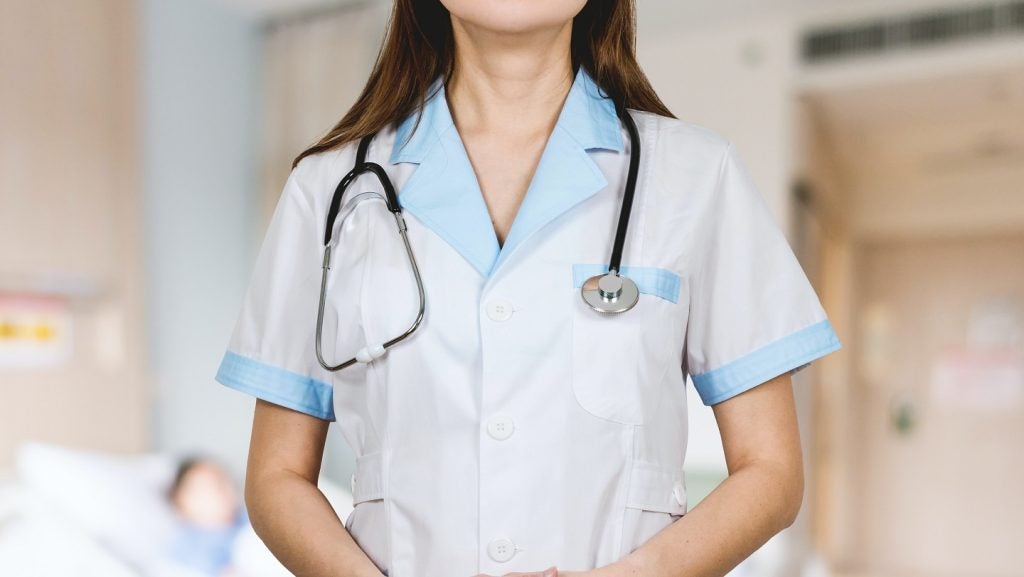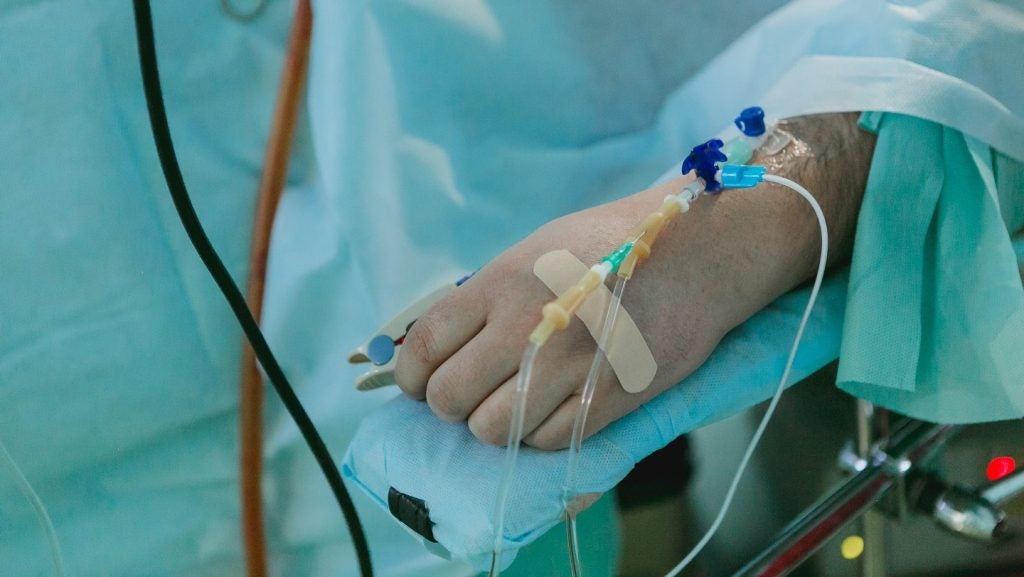Italy-based cancer centre IRCCS Istituto Romagnolo per lo Studio dei Tumori (IRST) 'Dino Amadori' has gone live on the Sophia Genetics platform for powering a new genomic test to treat advanced ovarian cancer.
This test employs next-generation sequencing (NGS) to recognise patients with homologous recombination deficiency (HRD), which is a predictive biomarker for therapy response.
IRST advanced and predictive molecular diagnostics area head Daniele Calistri said: “The newly available HRD test will help our oncologists make data-based treatment plans that can potentially save the lives of patients who are diagnosed with, and treated for, advanced ovarian cancer at IRST.
“With the SOPHiA GENETICS technology, our team can move fast with the confidence that they are making strong decisions rooted in patient data.”
The SOPHiA DDM Platform leverages artificial intelligence (AI) and machine learning to analyse and interpret NGS data, streamlining the bioinformatics workflow and expediting assessment, interpretation, and reporting.
This cloud-native application can analyse data from various sources, encompassing NGS, radiology, and pathology.
The test will help oncologists to develop personalised treatment plans for patients with advanced ovarian cancer.
SOPHiA GENETICS EMEA managing director Kevin Puylaert said: “The SOPHiA DDM Platform enables customers like IRST to quickly analyse sequencing data and, as we say at SOPHiA GENETICS, find the signal in the noise.
“We’re excited to continue expanding our work in Italy and helping health institutions like IRST equip their oncologists with the data needed to make precision medicine the gold standard of care.”




